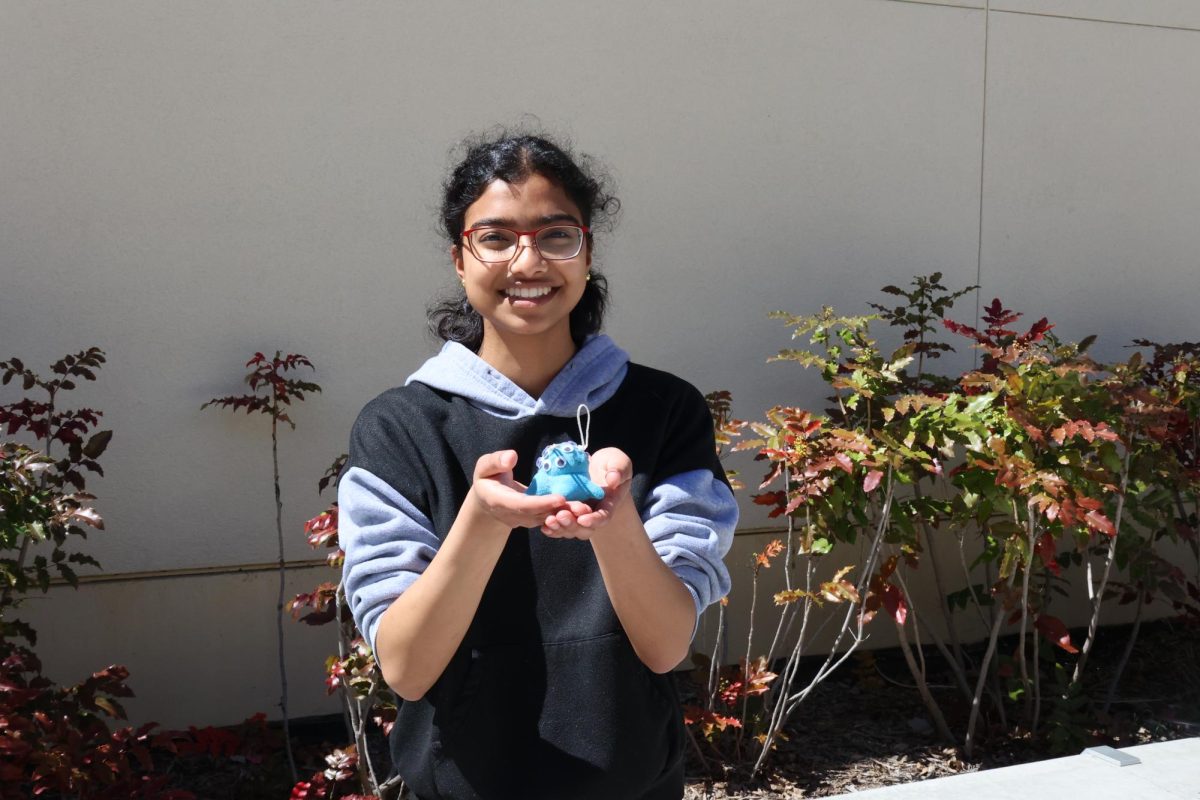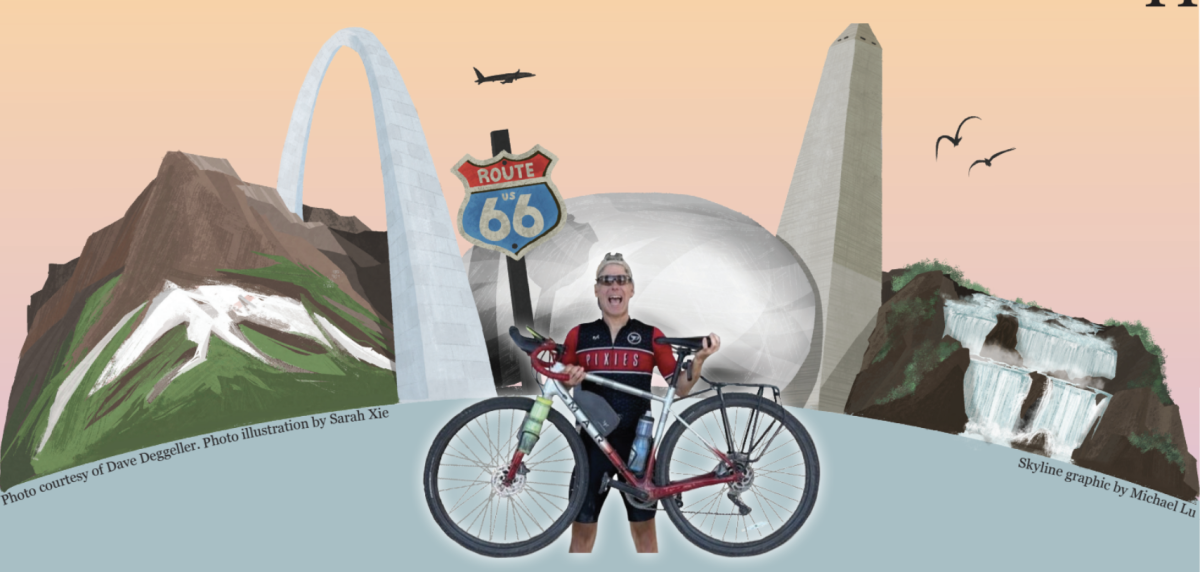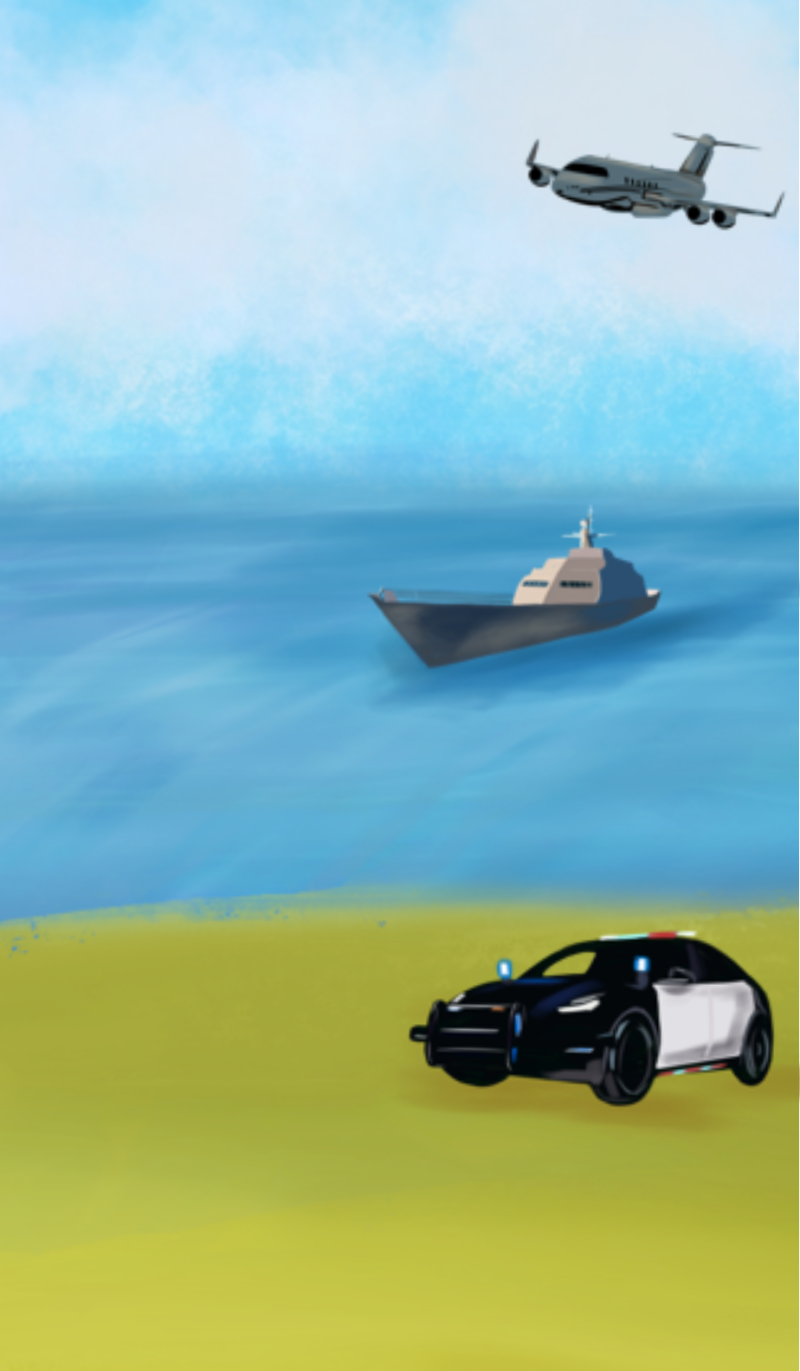When I was little, there was a period of time during the summer, after our family vacation but before school started, when my brother and I had absolutely nothing to do. It was 2008 and my family had just moved to Palo Alto, so my mother decided to seize this opportunity for me to make friends and get integrated into the community. She signed me up for Foothills Day Camp, a two-week camp run by the city of Palo Alto, in which a group of 10 counselors take about 50 kids up to Foothills park to run wild. I had been to summer camps before, and I was expecting two weeks of sitting in the corner reading while the other kids played dodgeball or some equally terrifying game.
Foothills Day Camp was different, and I fell in love with it—from the goofy counselors, to the games, to singing on the bus on the way to and from the park. I came back the next year, and the next, until I was simply too old to attend the camp.
In 2012, the first summer since I came to Palo Alto and didn’t attend the camp, I felt like I was missing an old friend. The camp had done so much for me—it introduced me to new friends, gave me the opportunity to explore and run around and helped me grow from the shy kid who sat alone at lunch, face buried in a book, to someone who would be on the front lines during Capture the Flag. Since I was not old enough to be a counselor, I applied for the next best thing: Counselor in Training (CIT).
Being a CIT was like donning a second skin I had never before worn. I was still a camper at heart, and I found myself dropping my stuff at the camper table and sympathizing with the kids who complained about the camp’s “no disturbing nature” rule.
At first, I was more like an overgrown camper than a CIT. However, as the days went on, I grew into my role. It was hard to strike the right balance between being fun and strict. As I berated a kid for breaking the rules, my inner camper would flinch. Over the two-week session I learned how to cheer up a crying camper, how to keep singing even though I felt like my lungs were about to collapse and how terrifying it is to break up a fight between two eight year olds. Above all, I learned responsibility, what it means to have a leadership role and how to handle that power. The last day of camp, when I was hug- ging the campers goodbye and smiling until my cheeks hurt to keep tears from falling, I learned one other thing—I would keep going back to this camp as long as I could.
I kept my promise and came back as a CIT again. This time around, however, it was different. As this was my second year, I felt more like a counselor than a camper. I had an even greater leadership role: I was expected to lead more games, organize more crafts and tackle challenges with campers instead of refer- ring them to a counselor. These new responsibilities meant I no longer had brief moments of downtime to catch my breath, but I didn’t care, as long as I got to spend time with the camp I loved.
The fact that the next summer I will return to Foothills Day Camp as a counselor is mind- blowing, but sometimes I wish that my years as a CIT were never-ending. As a counselor, I’ll miss the days when my time in the Foothills was not muddled by the added complexity of a paycheck and salary. Volunteering at Foothills camp gave me more than just community service hours. It gave me the chances to go back to my camper years, back to being that sunburned camper running, screeching with laughter through the fields.
—Hristov, a sophomore, is a Copy Editor.






















